Chinese economics professor: My two hometowns and their people [Eye on JiangZheHu series]
Within a country, people from different regions often have their own characteristics and quirks, and China is no exception. Economics professor Li Jingkui shares some observations about the defining traits of people in Zhejiang, a province he now calls home, versus that of his old friends in his hometown of Henan.
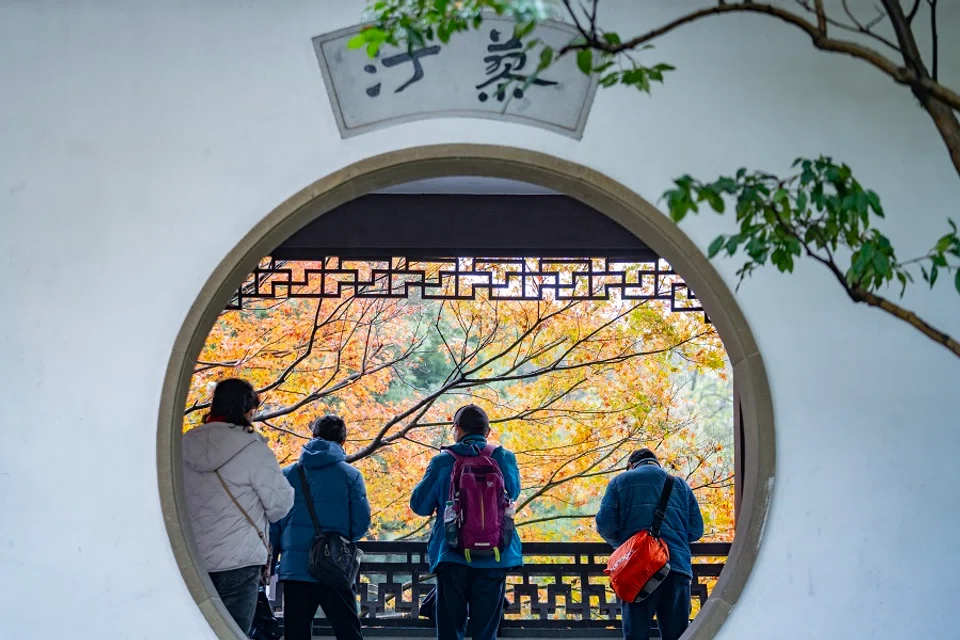
I have two hometowns. One is my ancestral home, the county in eastern Henan where I was born, on the North China Plain, north of the Huai River. The other is Hangzhou, south of the Yangtze River, where I stayed to work after finishing my studies, and where my household registration is.
I knew of Hangzhou from a young age. There was a folding screen in our home depicting the scenic views of West Lake. As I grew older and started to read, especially the works of various modern scholars, I found that many of them were from Jiangnan. So, in terms of familiarity, although I considered Jiangnan to be faraway and exceptionally beautiful, I felt no disconnect.
Now, in my middle age, I have lived far longer in the city of Hangzhou than in my childhood hometown. Looking across time and space from a Jiangnan city now to a rural county in eastern Henan 30 years ago, I realise they are essentially two different worlds.
... in my rural hometown in eastern Henan, we relied almost entirely on relatives for support to cope with whatever life throws at us, and on our clan to complete any slightly larger-scale investments.
Growing rice versus growing wheat
In 2014, the US journal Science published an essay titled “Large-Scale Psychological Differences Within China Explained by Rice Versus Wheat Agriculture”. The research article argues that rice and wheat agriculture has led to significant psychological differences between people north and south of the Yangtze River. The history of rice farming has fostered greater interdependence and holistic thinking among individuals immersed in a common culture, while wheat farming promotes independence and individualism.
The two biggest differences between rice- and wheat-growing regions are irrigation and labour. Because rice paddies require standing water, people in rice-growing regions had to develop complex irrigation systems, necessitating cooperation among farmers. In contrast, wheat is easier to grow as it does not need irrigation. Wheat farmers relied primarily on rainfall and had less need to coordinate with their neighbours.
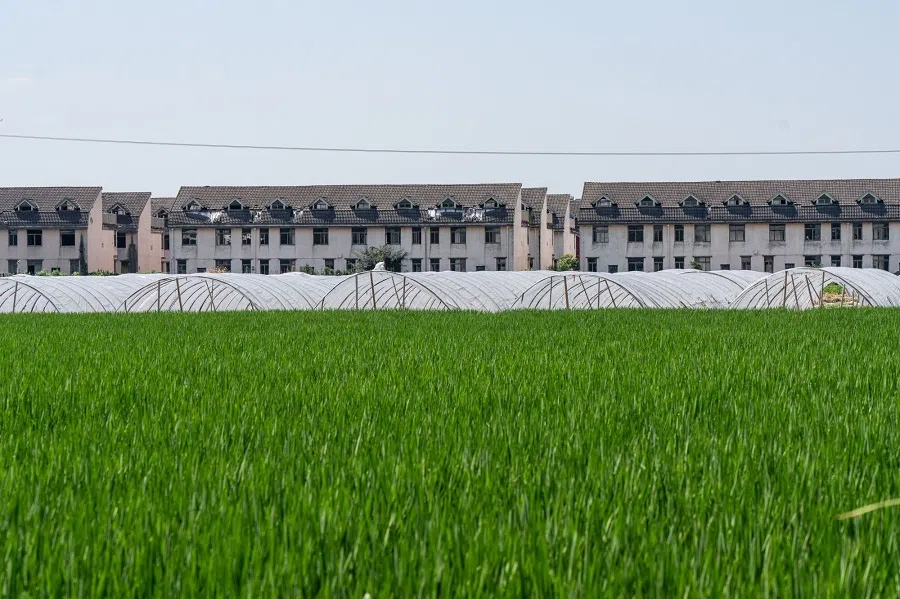
Although the essay primarily uses the psychological difference between rice- and wheat-growing regions to explain the deeper roots of cultural differences between the East and the West, what I see is that it seems to reveal the root of the difference in trust between the people living in my two hometowns.
Back in the north, I essentially lived in a world of relatives. The extent of our trust was basically among family and friends too. When I first came to Jiangnan from the north to study, what struck me the most was my southern classmates’ indifference to kinship and their apathy towards shared hometown identity.
... in Zhejiang, these things seem to be less important. They rarely rely on their relatives for anything, instead opting more for various intermediary social organisations or market-based solutions.
South of the Yangtze River and north of the Huai River
You see, in my rural hometown in eastern Henan, we relied almost entirely on relatives for support to cope with whatever life throws at us, and on our clan to complete any slightly larger-scale investments. When I was little, borrowing/lending money occurred almost exclusively between relatives, and many grudges and vendettas also stemmed from this.
If someone went to the town’s savings bank to take a loan instead of borrowing from his relatives, he would only get sympathy: either he was really unpopular and was unable to borrow from his relatives, or there were no able-bodied people at home and their future income was unstable, making it difficult to borrow.
Not that friends are unimportant; as long as they are connected in some way, they become “god-relatives” — they are not blood relatives, but they can become like relatives through certain rituals and be “relatives” in another sense. Basically, in my hometown 30 years ago, all social affairs were handled through local authorities and relationships with relatives and close friends.
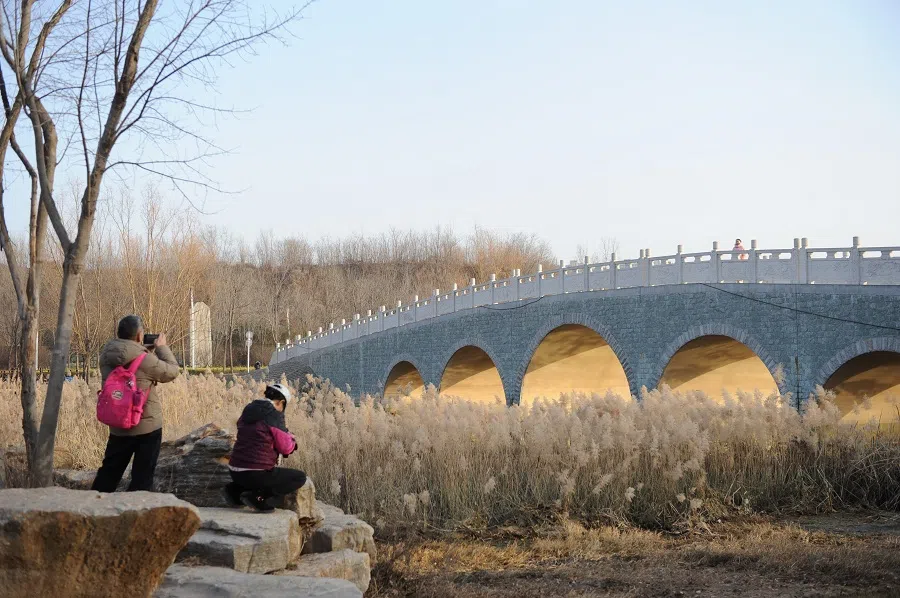
But in Zhejiang, these things seem to be less important. They rarely rely on their relatives for anything, instead opting more for various intermediary social organisations or market-based solutions. My wife is from Zhejiang, and in the 16 years that we’ve been married, many of her relatives I have only met once at our wedding, and we also seldom visit them on normal days.
It is not that Zhejiang people are cold and indifferent; rather, everyone is busy. If they run into problems, they do not need to mobilise family relationships to solve them. So, apart from important events like weddings and funerals, relatives rarely see one another.
This makes Zhejiang people rely on a larger community and not just their relatives. For example, people from Wenzhou consider anyone who speaks the Wenzhou dialect as one of their own, adding another layer of trust. This also means that they have access to more social support resources than I did in my northern hometown 30 years ago.
... the Zhejiang people I know are rarely like this: one, they easily believe everything you say; and two, they easily trust you and are willing to help you.
Village versus market
But today, with the increasing marketisation of Zhejiang, even this kind of region- and dialect-based trust is fading away. The market frees people from various social networks and returns them to their bare selves, both liberating them and leaving them isolated and alone.
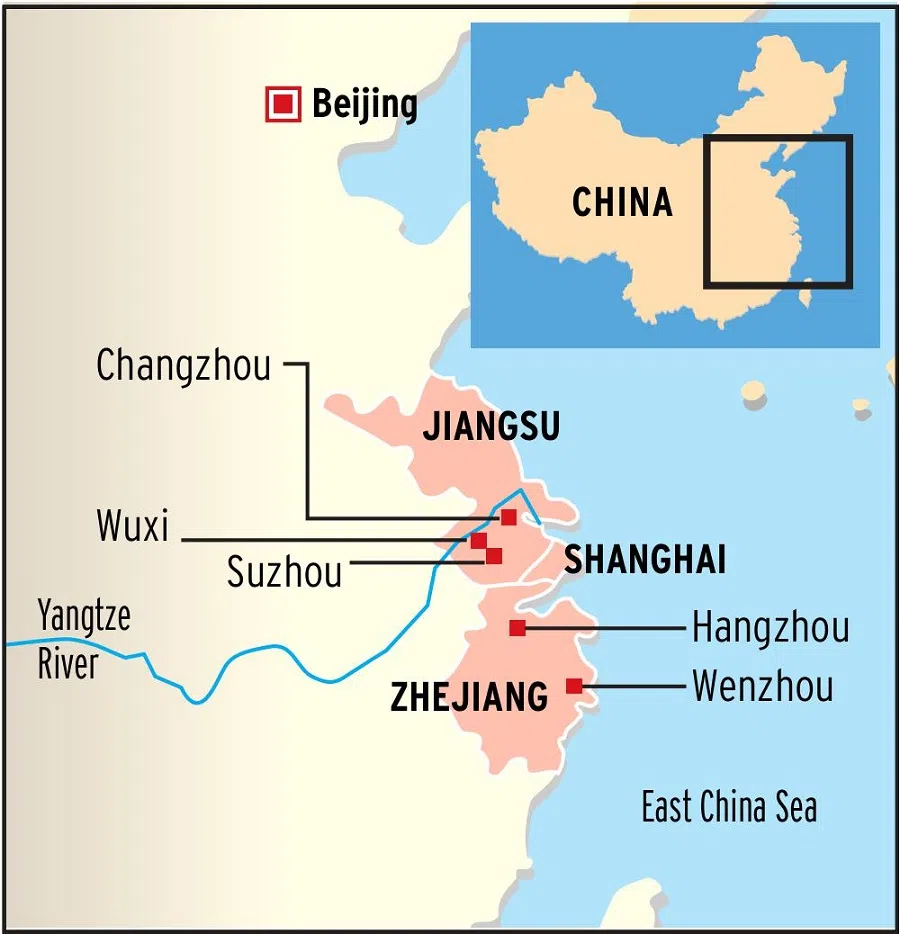
After I came to Zhejiang, I discovered something else about Zhejiang people: they trust people easily. When I left my hometown back then to study in university, my mother sewed money into my innermost layer of clothing. Her parting words were all about how I shouldn’t talk to strangers or speak out against things I didn’t agree with, as well as how I should never trust others easily when I’m away from home.
Besides, when I was little, I often saw or heard of promises being broken — it was generally difficult to trust people’s commitment to promises, unless it was relatives or other people you knew well. But the Zhejiang people I know are rarely like this: one, they easily believe everything you say; and two, they easily trust you and are willing to help you.
Of course, the village I grew up in is also filled with warmth and everyone for miles around are familiar with one another. The good thing about this is that it gives you a sense of security and warmth; we’re just distrustful of outsiders and even scared of them.
When I was little, my cousin spoke to people like this: “Which village are you from? Oh, I know it. Old Zhou (老周) who stays at the east side of the village is my grandaunt’s husband’s cousin’s son.” Cottoning up to someone in this way almost always worked because among all these villages, it’s really difficult to find one where there’s no familial link at all.
The tendency of southerners to trust others can of course be attributed to the fact that they come from rice-growing regions. Because growing rice requires cooperation, they have no choice but to rely on others. As a result, the intermediary organisations in such societies are more diverse compared to those in the Huang-Huai region where I lived. Certainly, my sample size is very small and my categorisation may not be entirely accurate — I am simply rationalising how I really feel.
At the same time, Zhejiang people are also extremely shrewd and quite pragmatic.
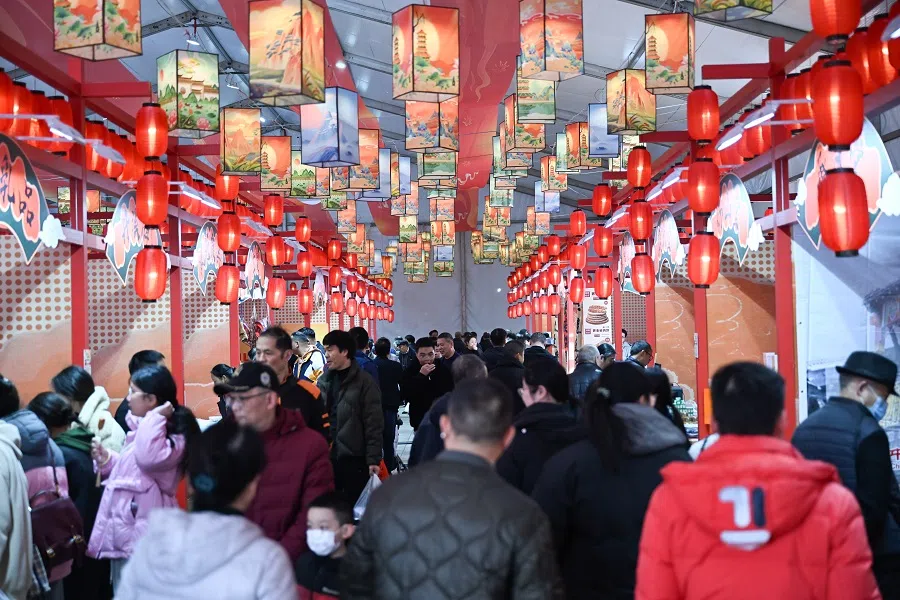
At the same time, Zhejiang people are also extremely shrewd and quite pragmatic. You can neither move them with familial ties or hometown connections, nor easily sway them with “ideals” or poetry and faraway lands.
Jiangnan’s marketplaces are filled with a keen understanding of the interplay of interests between people, with pursuits beyond actual gains often dismissed as frivolous fantasies. Hangzhou’s Wansong Academy (万松书院), a famous matchmaking market, is the perfect example of the Jiangnan marketplace’s interpretation of the word “mercenary”.
Boundaries versus relationships
When I first came to Hangzhou over 20 years ago, I couldn’t really stand such “shrewdness” and “pragmatism”. But now, I feel that these qualities are the outcome of a market-oriented education. It is this kind of education that stripped renqing (人情, social obligations, favours) down to the essence of qing (情, genuine feelings and affection), making relationships between people even purer. The friends I have in Hangzhou are mostly Zhejiang people. Compared to those from my hometown, they are more pragmatic and have a clearer understanding of boundaries, which is what I like about them.
If I had to use one word to describe the difference between my two hometowns south of the Yangtze River and north of the Huai River, it would be the word “boundaries”. Boundaries imply respect for my rights by others, and also mean that others expect me to treat them the same way. In fact, living in a society with a stronger sense of boundaries makes relationships between people much simpler.
During the Spring Festival last year, I returned to my hometown in the north. After exchanging pleasantries, my relatives and neighbours usually asked bluntly: “How much do you earn a month in Hangzhou? How big is your house?” I felt awkward whenever that happened. On closer thought, I realised that my friends in Zhejiang rarely ask such questions, although they might also want to know.
One might say that, after three decades, my two hometowns, once worlds apart, are now converging thanks to the “market”...
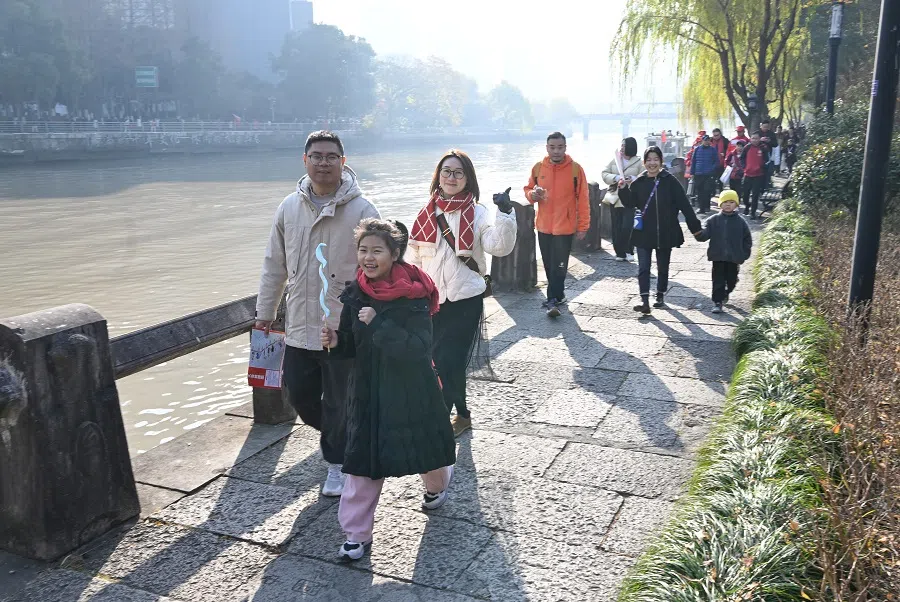
Actually, I do not think that the impressions I gained from living in Zhejiang are entirely dictated by whether the south or the north is a rice- or wheat-growing region. Or at least, while these historical and cultural inheritances certainly exert some influence, they can be changed. And what changes all of these is one thing: the market.
When I returned to my hometown last Spring Festival and chatted with young people who returned from working elsewhere, I realised that they had developed an awareness of boundaries. Most importantly, their faces showed a sense of trust between people, no longer based on kinship or geographical relationships, but rather the projection of a new psychological framework.
One might say that, after three decades, my two hometowns, once worlds apart, are now converging thanks to the “market”; perhaps this is the 21st-century version of Adam Smith’s prediction in The Wealth of Nations about the inevitable emergence of a well-governed society bridging the urban-rural divide.





